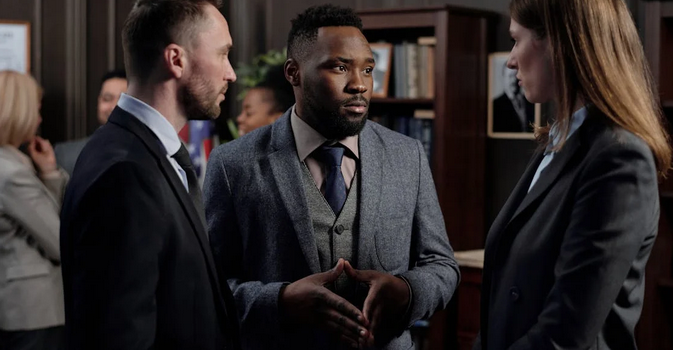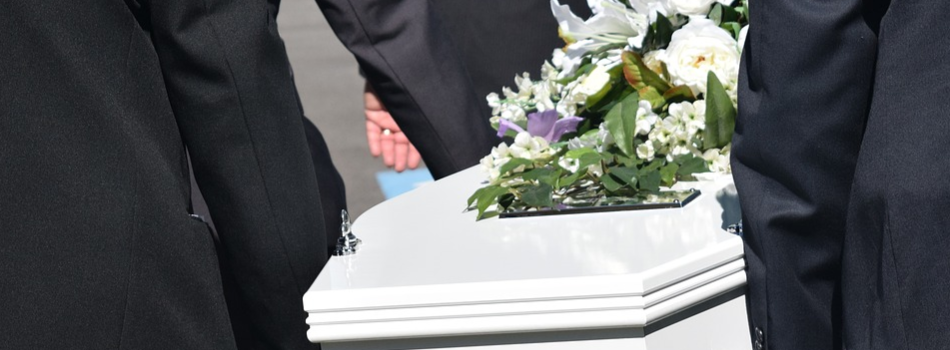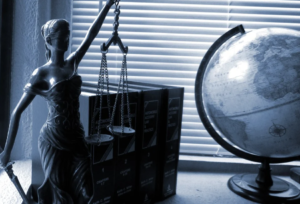Navigating and exploring the intricate world of legal practice demands more than just knowledge of the law; it needs a keen understanding of ethical boundaries. Conflict of interest is a delicate tightrope that lawyers must walk, balancing their duty to clients with the need for impartiality. Pogust Goodhead, previously PGMBM, has a long track record of success in managing ethical boundaries despite various legal scandals. Still, their team of experienced lawyers is considered well-versed in navigating complex legal issues while maintaining the highest standards of ethics.
In this blog post, we delve into how lawyers effectively manage these ethical boundaries to maintain trust and integrity in their profession. Let’s explore how clear policies, regular training, transparent communication, and confidentiality protocols play a pivotal role in upholding ethics in legal practice.
Clear Conflict of Interest Policies

A clear conflict-of-interest policy serves as the foundation for ethical decision-making in legal practice. These policies essentially outline the guidelines and procedures that lawyers must adhere to when faced with potential conflicts. By establishing clear boundaries from the outset, law firms can prevent misunderstandings and maintain trust with clients.
Having well-defined policies helps lawyers identify situations where their personal interests may clash with those of their clients. This awareness is crucial in upholding professional integrity and avoiding any ethical breaches. Additionally, transparent conflict of interest protocols promote accountability within a firm, ensuring that all stakeholders are aware of their obligations.
Regular Ethics Training
Regular ethics training is also a very crucial component of maintaining ethical standards in the legal profession. By participating in ongoing training sessions, lawyers have the opportunity to stay updated on evolving ethical guidelines and best practices. These trainings often cover various scenarios that may present conflicts of interest, helping attorneys navigate complex situations with integrity. Furthermore, regular ethics training can serve as a refresher for seasoned professionals while providing essential guidance for new lawyers entering the field. It reinforces the importance of upholding confidentiality, avoiding bias, and prioritizing client interests above all else.
Transparent Communication

Without a doubt, lawyers are demanded to be well-open and honest with their clients about every potential conflict of interest that may arise during representation. Clear and candid dialogue between lawyers and clients fosters genuine trust and helps to ensure that the client’s best interests are always prioritized. Transparency also allows clients to make informed decisions about their legal matters without any hidden agendas or undisclosed relationships impacting the outcome. This proactive approach not only upholds professional standards but also shields the integrity of the legal profession as a whole.
Confidentiality Protocols
In addition to those, confidentiality protocols in legal practice are also the name of the game when it comes to maintaining trust and upholding professional ethics. Lawyers have a duty to safeguard client information, ensuring that sensitive details remain confidential. This includes protecting privileged communications, case strategies, and personal data disclosed by clients. Implementing strict confidentiality protocols involves secure document storage, restricted access to information, and encryption for digital communication. By establishing clear guidelines on how client information is handled, law firms can minimize the risk of breaches or unauthorized disclosures.
Conflict of interest is a critical issue in the legal profession that must be managed effectively to uphold ethical boundaries and maintain client trust. The keys to it are to implement clear conflict of interest policies, provide regular ethics training, foster transparent communication, and enforce confidentiality protocols. Remember, managing conflicts of interest isn’t just about following rules—it’s about upholding the principles that define the foundation of legal practice.





 Among many wrongful death cases, the most common causes are car and work accidents, medical malpractice, animal attacks, or defective product utilization. These causes create complex emotional and material effects as death is so sudden that makes the family victim deserves the loss claim. In determining the compensation, the factors may be different because no cases are the same. Circumstances of wrongful death are, by nature, relational, and people can learn how to handle the claims based on some lawsuit factors. Hence, if you are one of the families from the wrongful death victim, start hiring a lawyer, collect the cases proves, and
Among many wrongful death cases, the most common causes are car and work accidents, medical malpractice, animal attacks, or defective product utilization. These causes create complex emotional and material effects as death is so sudden that makes the family victim deserves the loss claim. In determining the compensation, the factors may be different because no cases are the same. Circumstances of wrongful death are, by nature, relational, and people can learn how to handle the claims based on some lawsuit factors. Hence, if you are one of the families from the wrongful death victim, start hiring a lawyer, collect the cases proves, and  The most common lawsuit factors are the loss of financial provision. It is considered the most ordinary one from most wrongful death because the victim might have more dependent family members. In this case, the decrease in the financial provision will likely be taken into account when determining the reimbursement. The death of a person may have created a potential hole in terms of economic balance in a person’s family life and relatives. Therefore, your attorney might help you get the financial disposition for losing a potential value in the victims’ future.
The most common lawsuit factors are the loss of financial provision. It is considered the most ordinary one from most wrongful death because the victim might have more dependent family members. In this case, the decrease in the financial provision will likely be taken into account when determining the reimbursement. The death of a person may have created a potential hole in terms of economic balance in a person’s family life and relatives. Therefore, your attorney might help you get the financial disposition for losing a potential value in the victims’ future. Other standard financial components are the costs of a funeral or burial. It is a price that the victim’s family may be burdened even more after losing a loved one and for which relatives are not prepared. Besides, medical expenses are included in this scheme for this type of case. It provides compensation for the pain the victim may have suffered at the time during the event and death. These costs are assumed in cases where an accident has occurred and become fatal in the end.
Other standard financial components are the costs of a funeral or burial. It is a price that the victim’s family may be burdened even more after losing a loved one and for which relatives are not prepared. Besides, medical expenses are included in this scheme for this type of case. It provides compensation for the pain the victim may have suffered at the time during the event and death. These costs are assumed in cases where an accident has occurred and become fatal in the end.